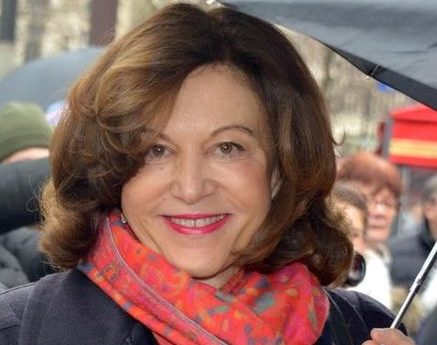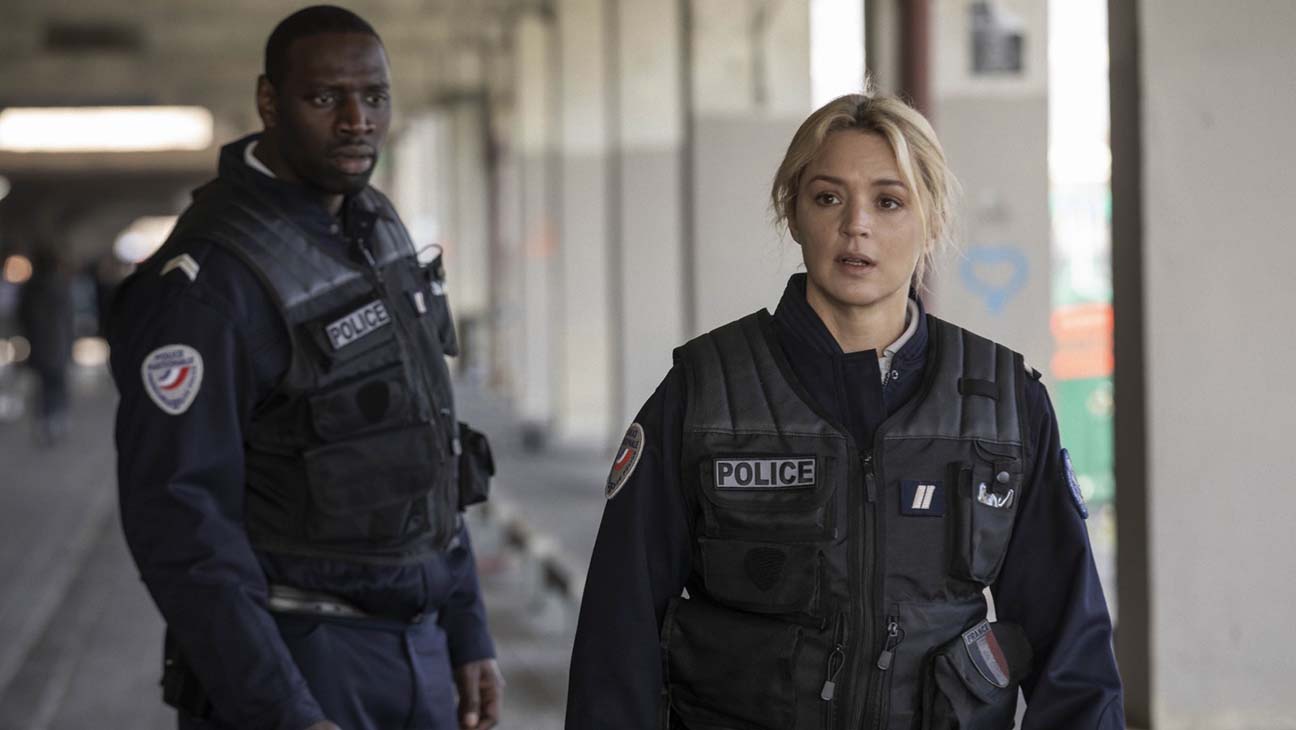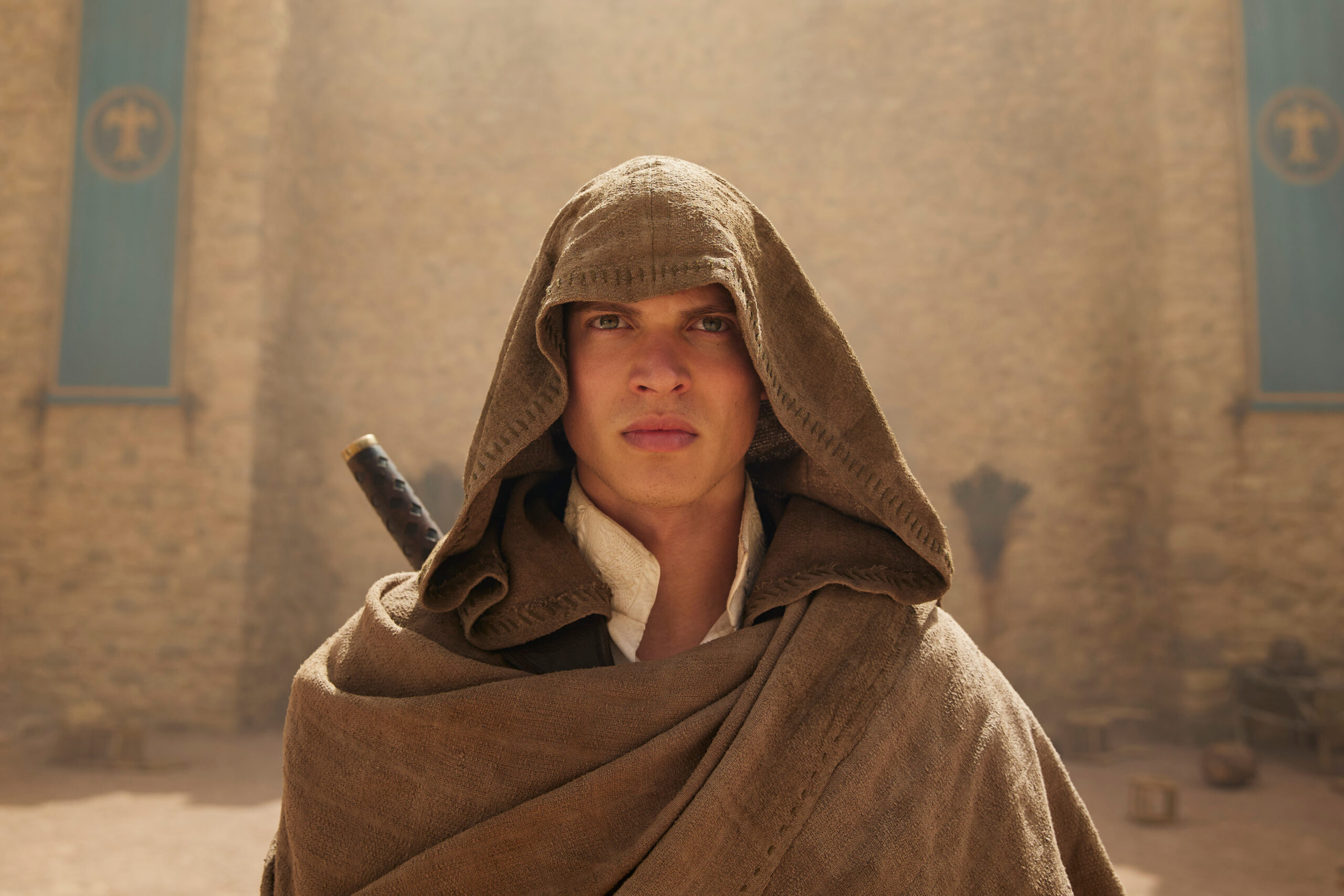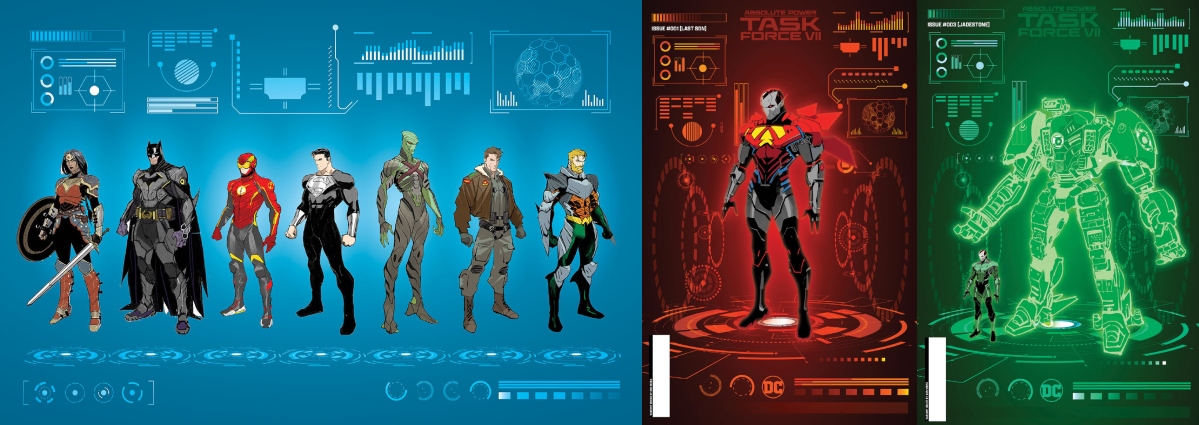Three French police officer’s personal and professional lives collide in Night Shift (Police), as they are placed on duty to escort an illegal immigrant to Charles De Gaulle airport. Each one grapples with their own life dilemmas and reflects on the events and days leading up to this very night. However, they become unmistakably aware and develop a conscience, as they realize that this innocent man, played by Payman Maadi, will be shipped back to meet his death in his homeland, Tajikistan. Starring a multi-talented cast, Omar Sy, Virginie Efira and Gregory Gadebois, the film is brilliantly directed by Anne Fontaine, who poignantly captures the intense, apprehensive and contemplative moments of their night transfer to the airport.
Night Shift made its world debut at the Berlin film festival recently and a few of us lucky reporters had the pleasure of meeting the cast and director, Anne Fontaine. Exuding French elegance and female empowerment, the filmmaker, who has also directed Coco Before Chanel and The Innocents, gave us much insight on why she chose to make this film, her cast, the music, and film direction. See below what she had to say.
LRM: The film was very silent without a score, other than some popular French songs that were played in the car while the actors were driving in the film. Can you talk about that?
Anne Fontaine: The film begins by popular French songs, which the character of Omar can sing along to in real life. I thought that what was interesting, there was very subtle work on sound design. For example when you are in the car there are noises and urban sounds and after that there is Jean- Sebastien Bach played by Glenn Gould. I thought that back in this story it was very interesting because it’s more existential, and metaphysical music than the music in police films.
Very often music in police films, or in crime thriller films is used in order to create more tension, in order to up the ante, if you will. I felt that that was something I wanted to avoid here. I really wanted to have the focus on the silence on the faces, and kind of visualize in that sense also what they’re thinking, what is going on in them. Therefore I felt that that was the appropriate approach.
LRM: How did you discover the book?
Anne Fontaine: A French producer came to me one day and said, “That’s for you, this story.” I said, “Police? For me? I don’t understand what you are speaking about?” I read it, and I felt something irrational in my way to catch the relationship, the link with that. It was I think through this woman that is fragile, and because she’s fragile she’s going to begin to think out of the uniform. I thought that was beautiful to see how fragility could change the way to think about your job, the others. Of course, I interpreted the script, the book. It’s not the book exactly. The DNA is very different, but something moved me because it’s a story where everybody can say to themselves, “If I was there, what would I do?” I felt that there was an aspect in all of this that reminded me very much of Bergman, as well when looking at these of these cops or these policemen and women, that was kind of a paradox in itself or a contradiction because normally policemen and women are in constant action. I felt that there was this element of a transgression, if you will, a kind of insubordination or dis-obeisance. In fact, that was really what interested me and attracted me to them.

LRM: Can you talk about the timing of this film compared to Les Misérables and how police are portrayed so differently in both films.
Anne Fontaine: It’s different. I very much liked Les Miserables. It is a film, which is formidably embedded actually in the reality of society, in the social reality as such. It is a journey through the French suburb, and as such, it is a wonderful film. Police (Night Shift) is a much more existential take on things. The question really is, can people in uniform, can police men and women think for themselves? Can they actually move away from this very rigid frame, the straight jacket, if you will, of their rules and actually disobey. That is what is really interesting and that’s actually the perspective that Police (Night Shift) takes. Then it’s also about the stranger, the foreigner. All-encompassing of all the strangers, not just the Tajik, not a particular nation, or identity as such, but really in a more global sense. What does it mean to be a stranger? What does it mean to have that difference?
LRM: I love the structure of the film, as well as the cinematography. Can you talk a little bit about the way you chose to tell the story, which was in three different perspectives before they meshed together?
Anne Fontaine: It was not written like this in the book. When I was working on the script, I felt something telling me that this was a better way to be within more proximity of each character, if we have the point of view of the same day by each one. Also it was more playful for the viewer that says, “Ah, but it’s the same scene with act none.” This thing that you haven’t seen with him, but we see with her. This was a way to play with these characters so that when they go into the car to begin the drive to the airport from the retention center, you are more familiar with them.
You know that one police officer has alcohol problems and a wife that you want to kill. You know that another one has this abortion she is planning and you know that Omar Sy’s character has a grandmother, who may die in the near future. You understand their lives. When they are in this car, they are not at all concentrated on their mission. You know, she doesn’t know what she’s going to do because it’s not their normal job. The policemen who actually handle these particular cases of refugees are specialists. Actually in my case, these are cops on the beat. They are actually cops who have a day job, a daily job in the neighborhood, and then this actually is also a breach from their normal routine or a break from that routine, in a sense. It brings them together and ties them together after this day, that they then spend the day together and then drive off. In a way, this is also a journey of initiation, if you will. These three policemen, and the Tajik refugee, who doesn’t speak either French or English. That was the moment where she then explained that people asked her why he didn’t think, he didn’t speak French or English. People ask me, “Why doesn’t he speak English and French?” And I say, “It happens, you know? Not everybody speaks English.” It’s more powerful when we have to try to understand this through the intensity, and not through the translation.
Related: Interview With Night Shift Actor Omar Sy
LRM: Can you talk about the importance of saying, “No.” Do you think it’s especially relevant now?
Anne Fontaine: It’s funny that you say that because the first thing that I learned at my first movie, I was very shy. I didn’t know because I am an autodidact. When I had my first feature movie, I asked another director, “Tell me one thing I have to learn very quickly.” He says, “To say no.” It’s simple, but it’s very important. It’s something people are so afraid of. They are afraid to derogate the rules. They are afraid of transgressing the rules. Conformism in societies is a violence and has a violent impact. It’s just like when Eric, one of the characters in the movie, points out at a certain moment that due to their actions, they’re going to be on record. They’ll have a record on file, and this file is going to follow them for the rest of their lives. So that’s the risk. Obviously in incurring this risk, you also achieve the ability to say no. That is really an essential ability. I think that otherwise, if you did not have this ability, you would be indifferent to humans and as a human being, and that can’t be the case.
LRM: Can you talk a little about the casting because Virginie and Omar are very well known, but maybe it’s the other actor, Gregory, who is the most touching one.
Anne Fontaine: The part of Gregory Gadebois for me is the most powerful, because he has the most inside of his uniform. He’s the most completely square, and he can’t transgress. He says that it’s stupid to look at something. It’s not their work. They don’t have to be interested in anything outside of their mission. This actor has so much humanity. Even when he says these kinds of silly things, it’s his job. He’s one of the best French actors of today, that is blowing up, and is very appreciated in France. He has for me, the same power of Gerard Depardieu, a long time ago. He has something so impressive. The first time I saw the movie, he made me cry because when you see him with this alcohol and the woman at, and actually everything comes apart at this point. Gregory was actually a self-taught actor. He used to work as a mover, and then he was accepted at La Comédie Française and now he’s considered one of the great actors in France.
—–
Have you checked out LRM Online’s official podcast feed yet The LRM Online Podcast Network? This includes our flagship podcast Los Fanboys, our premiere podcast Breaking Geek Radio: The Podcast, GeekScholars Movie News, and our morning show LRMornings. Check it out by listening below. It’s also available on all your favorite podcast apps!
Subscribe on: Apple Podcasts | Spotify | SoundCloud | Stitcher | Google Play
SOURCE:

 FOR FANBOYS, BY FANBOYS
Have you checked out LRM Online’s official podcasts and videos on The Genreverse Podcast Network? Available on YouTube and all your favorite podcast apps, This multimedia empire includes The Daily CoG, Breaking Geek Radio: The Podcast, GeekScholars Movie News, Anime-Versal Review Podcast, and our Star Wars dedicated podcast The Cantina. Check it out by listening on all your favorite podcast apps, or watching on YouTube!
Subscribe on: Apple Podcasts | Spotify | SoundCloud | Stitcher | Google Play
FOR FANBOYS, BY FANBOYS
Have you checked out LRM Online’s official podcasts and videos on The Genreverse Podcast Network? Available on YouTube and all your favorite podcast apps, This multimedia empire includes The Daily CoG, Breaking Geek Radio: The Podcast, GeekScholars Movie News, Anime-Versal Review Podcast, and our Star Wars dedicated podcast The Cantina. Check it out by listening on all your favorite podcast apps, or watching on YouTube!
Subscribe on: Apple Podcasts | Spotify | SoundCloud | Stitcher | Google Play




